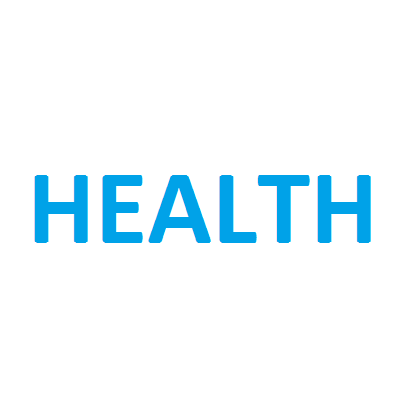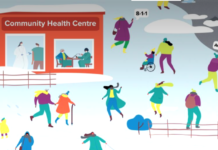VANCOUVER Coastal Health (VCH) has launched 12 mobile interpretation devices at its COVID-19 vaccination clinics to offer broader interpretation service options to residents. Within seconds, the devices connect patients to live, medically trained interpreters who offer virtual services in over 240 spoken languages.
To date, the mobile devices have facilitated over 18,000 minutes of live interpretation across VCH COVID-19 vaccination clinics, while the top languages requested include Cantonese (42 per cent), Mandarin (39 per cent), Vietnamese (4 per cent), Farsi and Korean (3 per cent). This service augments in-person translation support offered by multilingual VCH staff members, community partners and volunteers who work across all vaccination clinics, in addition to formal in-person and pre-scheduled virtual interpretation services, as well as on-demand phone interpreting services offered by Provincial Language Services through the Provincial Health Services Authority.
Seventy-four additional devices will be implemented across the VCH region through 2021 to further support patients on their health care journey.
“Vancouver Coastal Health serves a diverse, multicultural population. It is our responsibility to ensure patients and clients can easily engage with their health care provider and access the information they need regarding their treatment and care, said Megan Stowe, Executive Director of Virtual Health and Clinical Informatics at VCH. “While the pandemic has presented significant challenges to the health care system, it also pushed us to innovate, as we rapidly responded to our communities’ evolving needs. We look forward to expanding the availability of interpretation devices to communities across the region to further improve patient experience and health care outcomes.”
A philanthropic donation made to VGH and UBC Hospital Foundation in 2019 enabled VCH to conduct a pilot project of the mobile interpretation devices across multiple acute and community care sites in the Vancouver region; donations from Richmond Hospital Foundation and Lions Gate Hospital Foundation also funded local pilots, enabling 18 sites to collect data to inform a regional best practice. Use of the devices were found to positively impact patient engagement with care and health care outcomes.












